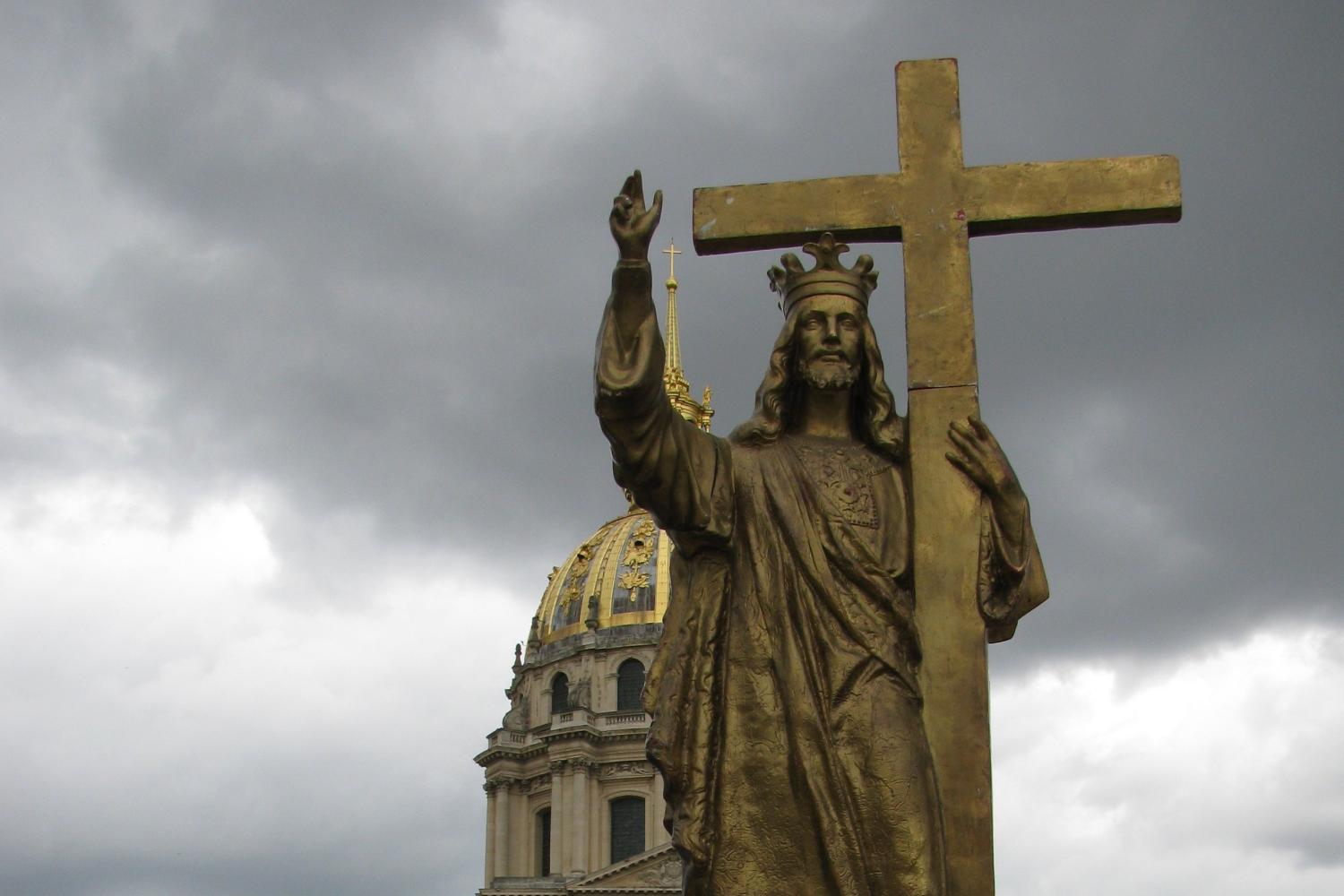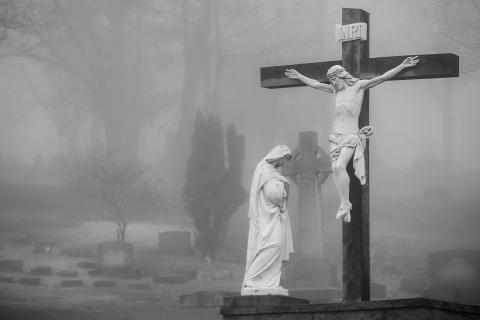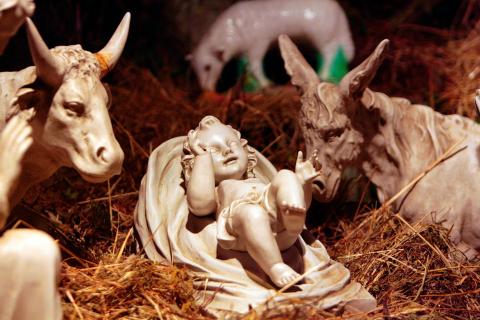
The upcoming presidential election has many Americans wringing their hands. Especially after a debate night a good portion of voters found less than exemplary, one of the dilemmas coming to the surface is not just what to do about this particular vote and these particular candidates. There’s a lurking skepticism about the value and good of governing or institutional bodies, at all – the respect and statesmanship due to and expected from an office like the presidency.
It's a skepticism that could be traced to a deeper skepticism about institutional life, wholesale: a lot of people are reticent to put any stake in institutions broadly speaking, as evidenced by the commentary surrounding the present presidential race but also the modern distrust of “organized religion” as well as the breakdown of the institution of marriage.
For a Christian, then, it’s worth wondering what we’re to think about all of this. Is governance and institutional life just a necessary evil, one we should do our best to be virtuous in the midst of? Or how much should we care about this modern loss of confidence in institutions, itself?
Here’s one way to think about it: the Christian life is sometimes talked about as an imitation of Christ in his three munera, or offices – he is priest, prophet, and king. In conforming ourselves to his mission, the first two offices tend to be fairly clear to us, even if they’re hard to do well. Our priestly task involves being in right relationship with God in worship and offering, and our prophetic task comprises the duty of living for the truth and speaking it where we can.
But the third task, our kingly mission, can sometimes feel a bit more nebulous. And that may be because it is directly tied to the art of governance – the art of both governing and being governed, of entering into flourishing forms of corporate life . . . an art that has in many ways been lost.
Christians aren’t meant to think about institutions as a necessary evil; rather, they are to give serious thought to learning meaningful patterns for robust institutional life. Indeed, while we tend to give our priestly and prophetic tasks pride of place – the Christian with the catchiest way of sharing the Gospel to the greatest number of followers often wins the day, in our minds – if we fix our eyes on the ministry of Jesus, something else comes to light. One notices that Christ had very few followers, actually, and yet his message exploded upon the world in a relatively short space of time. It did so because of the establishment and growth of an institution: the early Church.
Our institutional life is hugely significant to our Christian one, then, and it does not occur only or even mainly in terms of our political life. There are smaller institutions that are part of the fabric of our everyday life that we are called to attend to, as well – our families, businesses, parishes, schools. And we’re meant to do so by taking stock of how we can foster within them an ordered and ordering culture, imitating Christ in his kingship through that.
One principle for doing so might be this one: healthy institutions allow human beings to care for one another with a particular efficacy and order. They arrange a culture that asserts and tends to the spiritual aspects of human life as well as the physical and material, and they are shaped by the realities that all of us are both individuals as well as members of a communal race that is made for relationship. In other words, they arise out of and speak back to our created nature. And indeed, God created the very notion of institutions, itself; we didn’t simply make it up. Institutions are constitutive of who we are, so much so that one could say that our hope is to be part of one great institution for all of eternity: namely, heaven.
So in the midst of our concern about the coming elections and what’s happening in America and the larger Church and even on the global stage, perhaps we’d be well-served by funneling some of that concern toward a task the Lord is eager to assist us with, and which we were made for: the building up of Christian institutional life, in the way of Christ our King.


